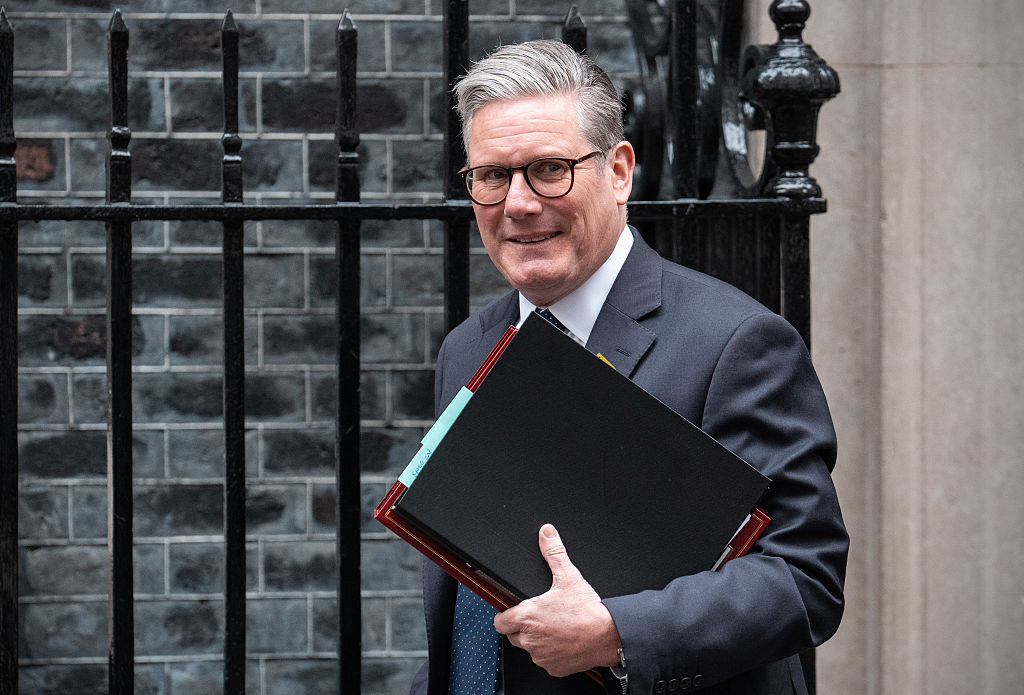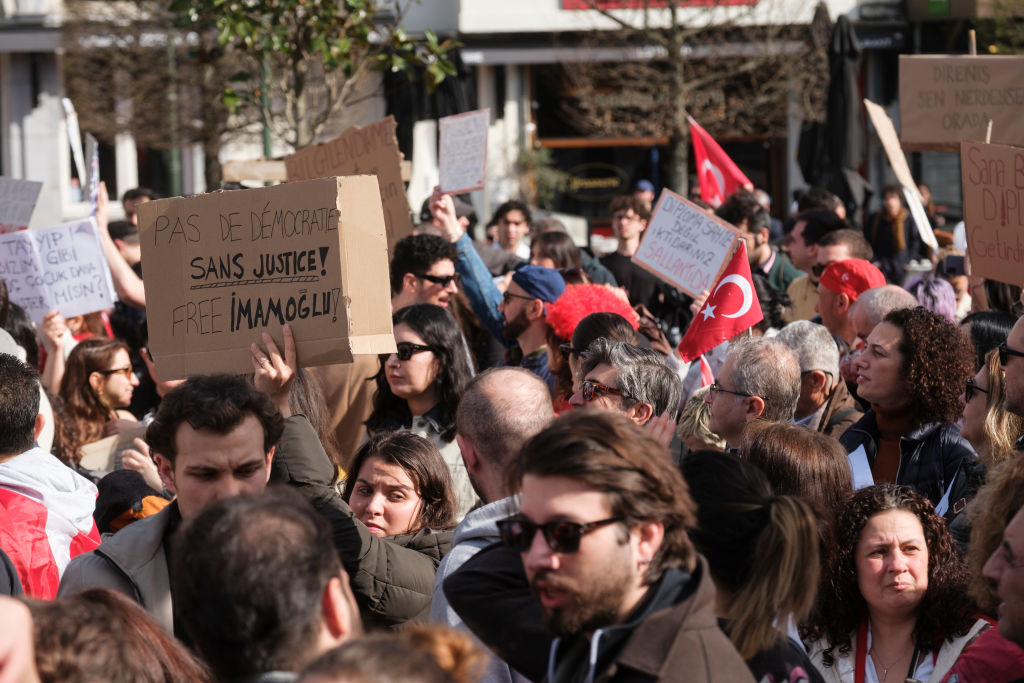Albanian Prime Minister Edi Rama has secured an unprecedented fourth term in power after his Socialist Party seemed to have sailed to election victory, official results showed, although the opposition claims the vote was stolen.
With 98 per cent of ballots counted on the evening of May 13, the Socialist Party (PS) had 52 per cent of the votes, with the runner-up Democratic Party (PD) on 34 per cent, figures from the election commission showed. As it stands, PS wins 82 seats in the 140-seat parliament while PD gets 52 following the May 11 contest.
If confirmed the result would extend PS’s four-seat majority and give Rama a comfortable margin to form a government. It would also enable him to continue working to honour his pledge to bring Albania into the European Union by 2030, although many experts say that timeline is optimistic given the reforms required, especially in eradicating corruption.
Despite the apparent outcome, doubts clouded the results. International observers questioned the fairness of the vote and Albania’s special prosecutor said it was investigating 39 cases related to the election, mostly for vote buying. It did not say which parties were under suspicion.
In a statement, European Commission Vice President Kaja Kallas and the European Commissioner for Enlargement Marta Kos said the vote was “highly polarised”, that contestants “did not enjoy a level playing field” and that authorities should investigate allegations of “electoral crimes”.
Rama had won favour from the West by accepting migrants from Italy and housing Afghans awaiting visa processing for the US.
In late April this year, Brussels Signal reported Italy had sent the first illegal immigrant back to his home country via a camp set up in Gjader, Albania.
Interior minister Matteo Piantedosi announced the move on April 19 in a post on X. “The repatriation operations of irregular migrants will continue in the coming days as planned in the Government’s strategy for more effective action against illegal immigration,” he added.
Regarding the Albanian election, PD’s firebrand leader, former president and prime minister Sali Berisha, on May 13 dismissed the results and called for a protest on May 16, the day leaders from across Europe are scheduled to gather in the capital Tirana for a summit.
“We will never accept these elections – never,” Berisha told a press conference on May 13 in which he alleged wrongdoing, without publicly providing evidence.
He continued the acrimonious language of the campaign trail, calling Rama a “narco-dictator”.
In a statement to Reuters, Rama’s PS denied election fraud and called Berisha, 80, “an old, hopeless former Communist politician” – a particular slight in a country that was locked away from the world for 50 years under iron-fisted Communist rule until 1990.
Rama, in power since 2013, had been favourite to win the election, bolstered by an network built up over 12 years in power, a recent period of healthy economic growth and a fractured opposition.
Two days before the vote, he forgave all government fines from 2015 to 2024, including for traffic, construction and health and safety infractions.
Still, the scale of victory has surprised some analysts, who had expected that graft scandals and recent unrest would dent Rama’s lead.
Instead, the resounding win might prolong political predictability in Albania in contrast to other Balkan countries such as Kosovo, Serbia and Bulgaria, where ruling parties have faced crises over the past year.
“No one expected there to be a qualified majority for a single party. It is like [Hungarian Prime Minister Viktor] Orbán in his best days,” said political analyst Lutfi Dervishi.
But voters at home said he ran the country on a system of patronage and has done little to eradicate unemployment and graft that involves Albanian gangs laundering drug and weapons money at home. Hundreds of thousands of Albanians have emigrated since Rama came to power, in search of better prospects abroad.
An international election monitoring mission led by the Organisation for Security and Co-operation in Europe said there had been a “misuse of public resources … by the ruling party” in the campaign.
It cited “reports of pressure on public employees and other voters as well as cases of intimidation”.





